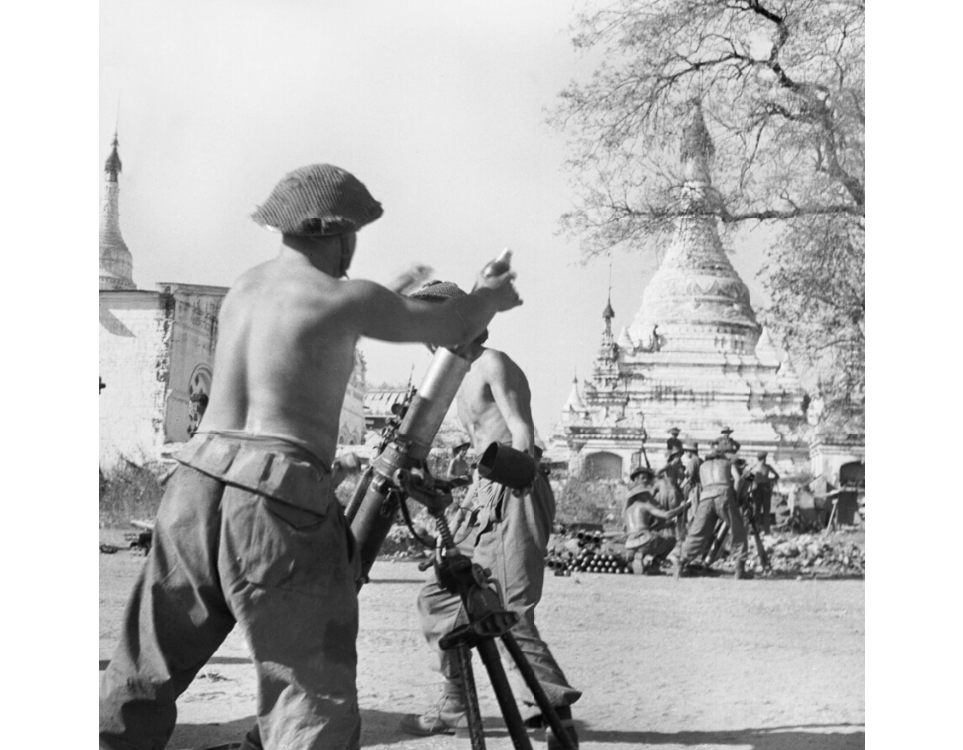| ||||||||||||||||
| ||||||||||||||||
The many heroes of the British Punjab Army helped win the battle for Burma #VJDay70. https://www.gov.uk/government/news/karamjeet-singh-judge-1923-45--2 … pic.twitter.com/pFXVb00Tzu
The many heroes of the British Punjab Army helped win the battle for Burma #VJDay70. https://www.gov.uk/government/news/karamjeet-singh-judge-1923-45--2 … pic.twitter.com/pFXVb00Tzu

WW-II: REMEMBERING VJ Day 70th anniversary (अँगरेज़ की मिनिस्ट्री ऑफ़ डिफेन्स , नई डेल्ही की नहीं )
ब्रिटेन रेमेम्बेर्स इन्डिन आर्मी
अँगरेज़ की मिनिस्ट्री ऑफ़ डिफेन्स ,
नई डेल्ही की नहीं
News story
Karamjeet Singh Judge (1923-45)
Karamjeet Singh Judge (1923-45) served as a Lieutenant in the 4th Battalion, 15th Punjab Regiment of the British Indian Army in Burma. His actions on 18th March 1945 during the Battle of Meiktila (Burma Campaign) earned him a place in history as one of many courageous Indians who were awarded Victoria Crosses in recognition of their bravery. Here’s a bit more about Karamjeet Singh Judge and his sacrifice during the Second World War.
On 18th March 1945 Lieutenant Judge, a Platoon Commander, was ordered to capture a strategically important cotton mill located just outside Myingyan, Burma.
The conditions for an attack were extremely difficult on that day. Lieutenant Judge faced very well defended enemy positions and intense enemy fire. He was supposed to have back up from British tanks but their ability to assist was held back by the unsuitability of the terrain.
Despite the difficult conditions Lieutenant Judge’s platoon spearheaded the British advance in what would come to be known as the Battle of Meiktila. During the battle Lieutenant Judge ‘dominated the entire battlefield by his numerous and successive acts of superb gallantry’ (London Gazette 1945). He continued to inspire his troops, personally leading numerous infantry charges and could always be found at the front with his men.
At one stage whilst leading an infantry attack, Karamjeet was confronted by two Japanese soldiers only 10 yards ahead charging towards him with their bayonets fixed – without hesitation he protected his platoon and fought off the Japanese.
Towards the end of the battle the final pockets of Japanese resistance were proving difficult to clear. The remaining three Japanese defended bunkers began to hold up both the infantry and tank advances. To put an end to this Lieutenant Judge displayed his valour and directed fire from the tanks at the same time as leading a small section in to clear the bunkers.
For what would be the final time, Lieutenant Judge showed the courageous leadership he would later be remembered for. At the same time as directing fire from the tanks he took it upon himself to lead a small section to clear the bunkers. As he approached the first bunk an enemy light machine gun opened fire. This fatally wounded Lieutenant Judge. His death spurred on his section to put an end to the long battle as they attacked and cleared the remaining bunkers. It was a sad day for the Punjab Regiment. They had lost one of their youngest and most courageous officers.
However, had it not been for Lieutenant Judge’s action the Battle of Meiktila would have proved much more costly for the British and Indian Forces.
It was this type of commitment and immeasurable courage in putting the cause before self that exemplified the solders of the two and a half million strong British Indian Army – the largest volunteer army in history.
Do you have a family member who served during the Far East campaign? Share your story with us on Facebook or Tweet us @DefenceHQ using #VJDay70.
To find out what is happening to mark VJ Day 70 click here.
